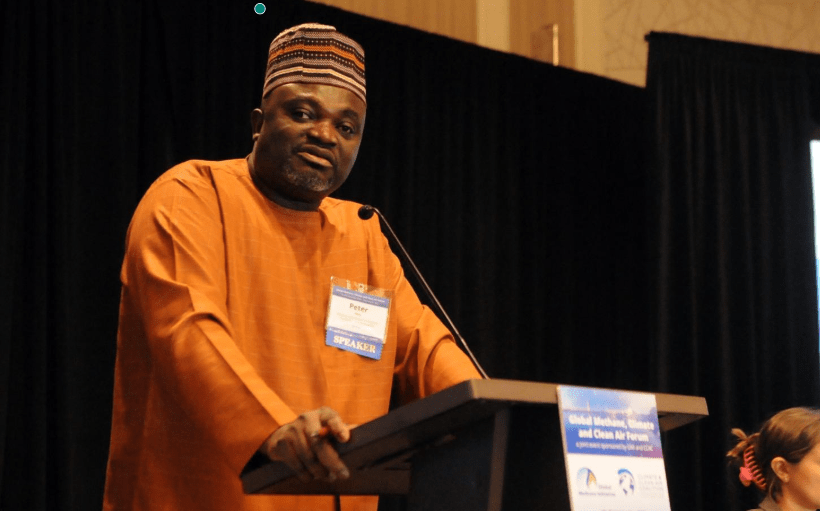Dr. Peter Dery, the Director of Environment at the Ministry of Environment, Science, Technology, and Innovation (MESTI), has underscored the transformative potential of Ghana’s recently launched Green Finance Taxonomy.
Dr. Dery highlighted how this initiative aligns with Ghana’s broader strategy to mobilize resources for green investment, emphasizing its role in combating greenwashing and fostering sustainable development.
Dr. Dery commended the Ministry of Finance for spearheading the taxonomy, stating that it represents a critical tool in ensuring transparency and credibility in green investments. “This will prevent greenwashing, and that is why the Ministry of Environment, Science, Technology, and Innovation fully endorses this initiative,” he remarked.
Dr. Dery pointed out that MESTI has had to reject project proposals after identifying greenwashing tactics.
“Thorough assessments of methodologies and baselines often reveal instances of greenwashing. It is critical to ensure that green investments truly deliver on their environmental promises.”
Dr. Peter Dery, Director of Environment at the Ministry of Environment, Science, Technology, and Innovation (MESTI),
The introduction of the Green Finance Taxonomy is seen as a robust measure to combat this practice. It provides a clear and scientifically grounded framework to evaluate green projects, ensuring that investments meet stringent environmental criteria.
The Green Finance Taxonomy represents a milestone in Ghana’s journey toward sustainable development. By establishing a structured classification system for green investments, the taxonomy ensures that projects align with national environmental goals, including climate resilience, pollution control, and biodiversity conservation.
Dr. Dery emphasized that MESTI will integrate the taxonomy into its policy frameworks to guide the selection of green investments. “We will revise existing policies and frameworks using this taxonomy to reform our architecture for attracting green investment in Ghana,” he assured.
To maximize the taxonomy’s effectiveness, Dr. Dery called for broader institutional adoption. He urged entities such as the National Development Planning Commission (NDPC) and regulatory agencies to enact supportive policies and legislation to institutionalize the taxonomy’s objectives. “Ensuring effective industry compliance requires robust regulatory backing,” he argued.
Broadening the Scope of Environmental Policy

While acknowledging the urgency of addressing climate change, Dr. Dery advocated for a more holistic approach to environmental policy.
“Our approach shouldn’t be narrowly defined by climate alone. We need frameworks that encompass all environmental concerns, fostering sustainable development across multiple fronts.”
His call aligns with the global trend toward integrating biodiversity conservation and pollution control into climate strategies. By adopting a comprehensive approach, Ghana aims to address interconnected environmental challenges, ensuring that progress in one area does not come at the expense of another.
Dr. Dery’s remarks reflect the collaborative spirit needed to advance green finance in Ghana. “Green finance is a shared responsibility. We need all stakeholders to play their part in realizing its full potential,” he stated.
The Green Finance Taxonomy also represents an opportunity for Ghana to position itself as a leader in green finance in Africa. By creating a transparent and credible investment landscape, the country can attract global investors eager to support sustainable development projects.
Despite its promise, the implementation of the Green Finance Taxonomy is not without challenges. Ensuring compliance will require robust monitoring mechanisms and capacity building among stakeholders.
Additionally, public awareness campaigns will be crucial to educate investors and the general public about the taxonomy’s benefits.
Dr. Dery acknowledged these challenges but expressed optimism about Ghana’s ability to overcome them. “We are committed to addressing the gaps and ensuring that green finance becomes a cornerstone of our development strategy,” he said.
READ ALSO: Foreign Equity Investments in Ghana’s Capital Market Surge While Debt Holdings Drop





















